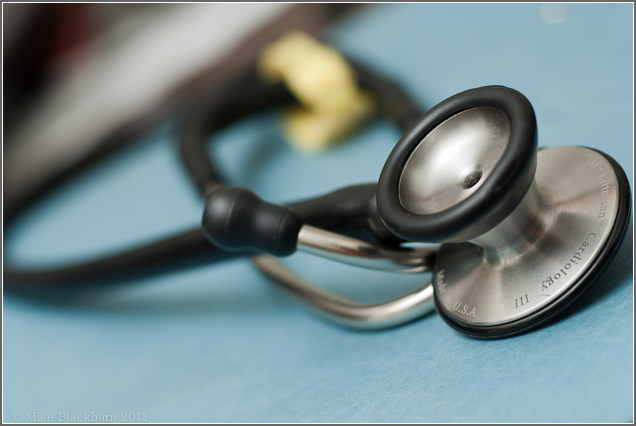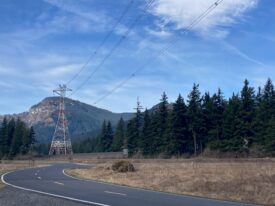A new report by Northwest health professional finds that fracked gas development in the region is a danger to the health of local communities. Jointly published by the Oregon and Washington chapters of Physicians for Social Responsibility, the 150-page analysis details the medical research that bears on key factors like air pollution, water contamination, noise, explosions, and occupational hazards. It’s a grim diagnosis for a region that prides itself on environmental protection and healthy lifestyles.
“The fracking process degrades the environment of surrounding communities through toxic contamination of air and water with hundreds of chemicals with known associations to cancer, heart and lung disease, developmental disorders, and poor pregnancy outcomes.”
The report comes at a time when the Northwest is grappling with decisions about whether to permit a large-scale elaboration of fracked gas energy projects—everything from pipelines to LNG production and export to petrochemical refineries. Even as warnings about the climate risks of fossil fuel development become more urgent, the gas industry continues to bank on big expansions in Cascadia. The Northwest states are using record amounts of gas and while residential gas consumption has been growing steadily for decades the industry forecasts even more growth this year.
The doctors’ warnings could serve as a wakeup call. The report cites evidence that all along the supply chain, from the extraction well to the final point of combustion, fracked gas can negatively affect our health. For example, “the fracking process degrades the environment of surrounding communities through toxic contamination of air and water with hundreds of chemicals with known associations to cancer, heart and lung disease, developmental disorders, and poor pregnancy outcomes.”
Making matters worse, the authors warn that major dimensions of the fracked gas industry are poorly understood owing to weak regulations, inadequate monitoring, and industry secretiveness. In other words, what we don’t know about fracked gas may hurt us.
Sightline Original Research: Better accounting of methane releases could help us avoid a tremendous mistake.
Over the next year or two, the Northwest will make big decisions that will determine the region’s—and the planet’s—energy future for decades to come. Will we permit new pathways for fracked gas like pipelines, petrochemical factories, and export centers? Or will we decide that we have already developed enough fracked gas and that we should focus instead on clean energy? As with most long term decisions, we would be wise to listen to what the doctors have to say.









Michael Pan
No comments right now.
Ann Watters RPE,BCPP
I am an wholistic healthcare energy practitioner.. these fracked gases reek havoc in the environment and Rae destructive to people’s health. If an accident happened.. death to the population of the area would ensue. Ridiculous policy. ImHumane and stupid!
Frank Gibbons
How much of gas is fracked
Mal Gaff
A great reduction in fossil fuels–in their extraction and delivery–will benefit
people and the planet.